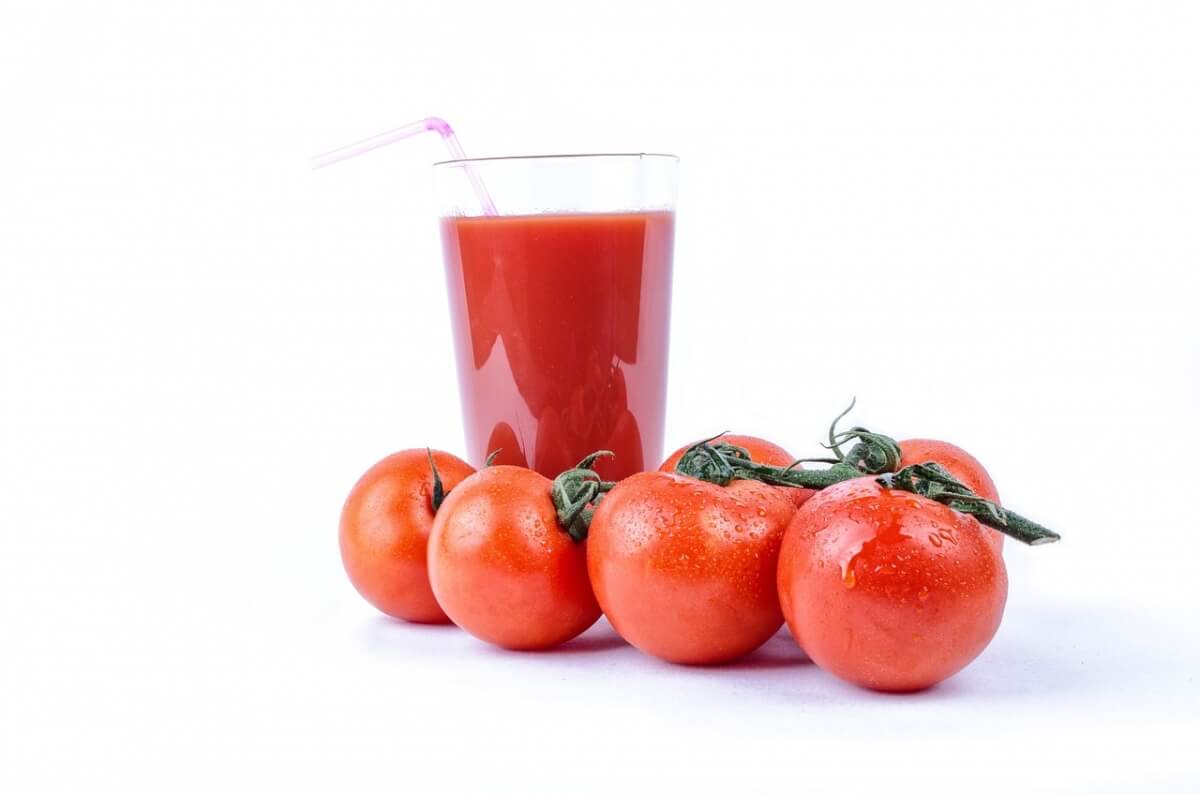
Photo by PublicDomainPictures from Pixabay
ITHACA, N.Y. — Tomato juice has the power to kill the superbug salmonella and other harmful bacteria affecting the digestive and urinary tracts, a new study reveals. Salmonella Typhi, a human-specific pathogen commonly transmitted through food, causes symptoms typical of food poisoning. Researchers from Cornell University in New York discovered antimicrobial peptides in tomato juice that contribute to its effectiveness against salmonella.
Antimicrobial peptides, which are small proteins, disrupt the bacterial membrane that maintains the bacteria's integrity. The team identified specific peptides within tomatoes, referred to as tomato-derived antimicrobial peptides (tdAMPs), which exhibit potent antimicrobial activity. Two peptides, tdAMP-1 and tdAMP-2, were found to be particularly effective, even against drug-resistant and hyper-virulent strains of Salmonella Typhi.
Their mechanism of action involves disrupting the bacterial membrane, leading to cell death. This mode of action is distinct from traditional antibiotics, suggesting a promising new avenue for antimicrobial therapy.
Additionally, the study explored the broader implications of this finding by testing the efficacy of tomato juice and tdAMPs against other pathogens, including non-typhoidal salmonella and uropathogenic E. coli. The results were promising, indicating the potential of tomato-based products as a natural, accessible means of fighting various bacterial infections.

“Our main goal in this study was to find out if tomato and tomato juice can kill enteric pathogens, including Salmonella Typhi, and if so, what qualities they have that make them work,” explains principal study investigator Jeongmin Song, Ph.D., an associate professor in the Department of Microbiology & Immunology at Cornell University, in a media release.
“Our research shows that tomato and tomato juice can get rid of enteric bacteria like Salmonella.”
With the global challenge of antibiotic resistance, researchers say findings like these open up new possibilities for addressing infectious diseases using everyday dietary items. This study not only enhances our understanding of the health benefits of tomatoes but also paves the way for developing new, natural antimicrobial agents.
“Tomatoes are readily available and affordable vegetables that offer a range of health benefits due to their bioactive molecules, such as antioxidants and antimicrobials. In contrast to the widely recognized antioxidant properties of tomatoes, their antimicrobial properties remain largely unexplored,” the team writes in the journal Microbiology Spectrum.
“Given their widespread popularity and cost effectiveness, tomatoes possess considerable potential as alternative antimicrobial agents within lifestyle interventions.”











I had been using silver colloidal water for that but tomato juice is easier to get. Good to know. Thanks